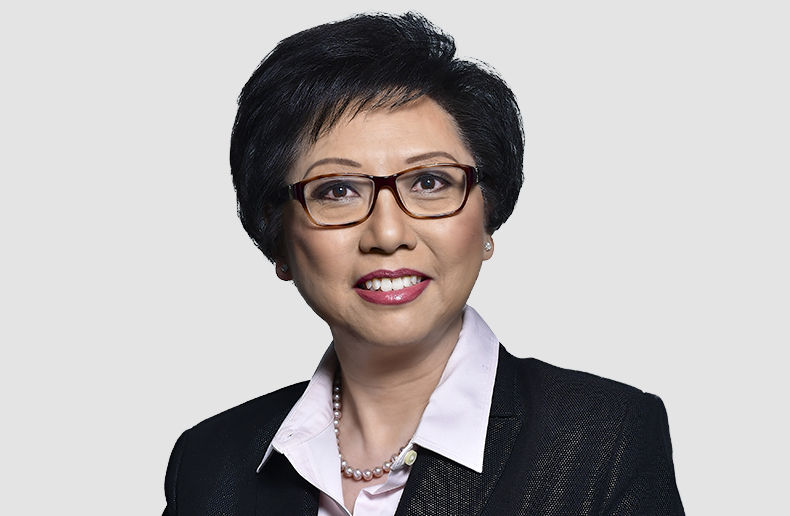Cindy David was elected chair of the board of the Conference for Advanced Life Underwriting (CALU) on May 11. Her goals include working to increase the number of women in the industry.

David also plans to step up talks with the federal government on key issues related to Canada’s aging population and tax fairness for SMEs.
With over 25 years of financial planning expertise, she replaces outgoing chair Roger Sinclair. She was vice-chair of CALU’s 2019-2020 board of directors.
President of Vancouver-based Cindy David Financial Group, an estate planning firm, David granted an interview to Insurance Portal to explain her game plan for her 2020-2021 term.
Improvement since 2000
In its 29-year history, only two women have preceded David as chair of the organization, which is devoted to training and defending the interests of advisors specialized in advanced planning solutions: Diane McCurdy (2005 – 2006) and Susan St. Amand (2011-2012).
The challenges facing women in the profession are close to David’s heart, as she had to balance her work and family life while pursuing her extraordinary career. After starting in the business at 21, David was named one of the country’s top three estate planners and, in 2014, was named one of 50 women of influence in Canada’s life insurance industry by the Insurance Journal.
Advancement of women advisors
David would like to see more women enter the profession. In the press release announcing her election, CALU observed that her appointment reflects its commitment to the advancement of women advisors in the industry
David acknowledges that progress has been made in this area, but wants to see a change in attitude, with the profession presented as a promising career opportunity to young women pursuing their university, or even high school, studies. She believes that women should be encouraged not just to consider a career in life insurance, but also to develop an entrepreneurial mindset.
David notes that, a few years ago, major financial institutions targeting greater diversity set the objective of increasing the percentage of women advisors from 11% to 25% by 2025. She heard recently that this figure has already jumped to almost 20%.
Leading by example
David wants CALU to set a positive example in terms of diversity by encouraging women and new advisors to join the organization. She explains that CALU now has 450 regular members, plus some 200 associate and provisional members, bringing its total membership to about 650, but 20 to 25 members retire each year. “There’s a natural transition,” she says.
The pandemic and seniors
CALU has fought for years for better, fairer government policies protecting seniors, and David will continue to push for a national seniors’ strategy.
“The pandemic has shone a spotlight on Canada’s looming crisis in long-term care and the financial insecurity faced by retirees,” David says. “It’s time for governments at all levels to come together with industry and other stakeholders to examine the needs of seniors. We need to look at the impact of an aging population on government policies and funding and come up with sustainable solutions.”
David believes that government solutions should include policies for pensions and retirement savings that are fair for all and better reflect the financial risks arising from the increased longevity of Canadians.
Treating the next generation fairly
Among David’s other priorities are on-going discussions with the federal government concerning tax changes proposed in 2019 by finance minister Bill Morneau that CALU believes unfairly target small business owners. David will support CALU in advocating for tax fairness for the hundreds of thousands of independent business owners who will help reinvigorate Canada’s economy in the coming year –“especially post Covid,” she says.
While Morneau softened the proposed measures, David still opposes the unfair taxation associated with transferring family businesses to family members. In its current form, section 84.1 of the Income Tax Act may push entrepreneurs to sell their business to a stranger rather than to a family member. This unfairness may affect many of her clients, says David.














